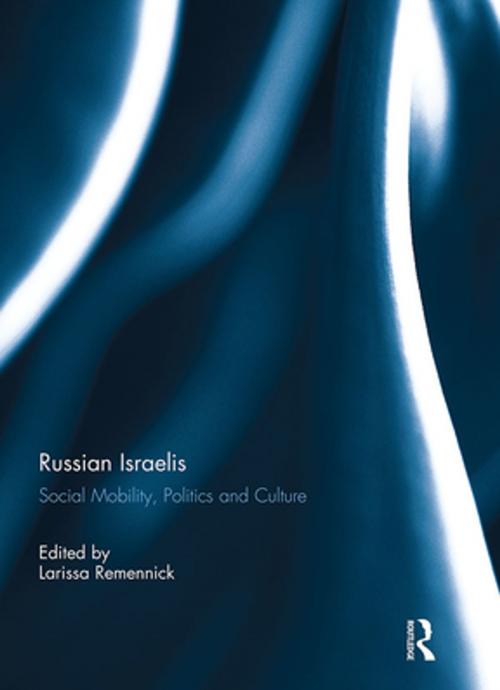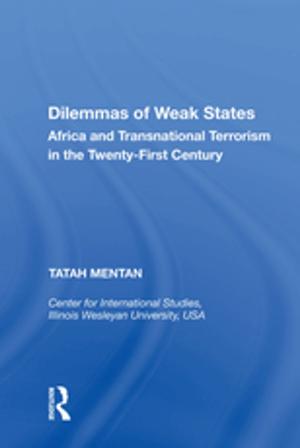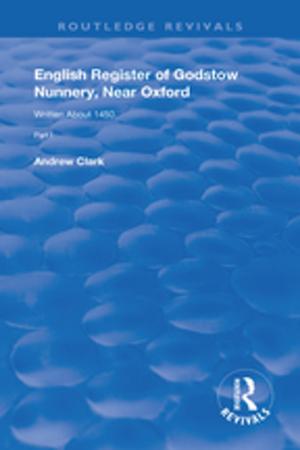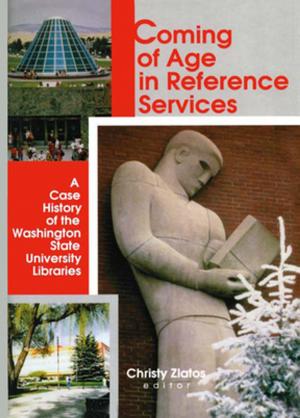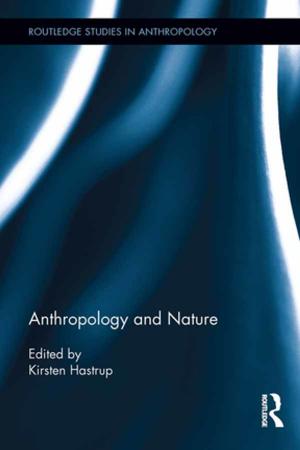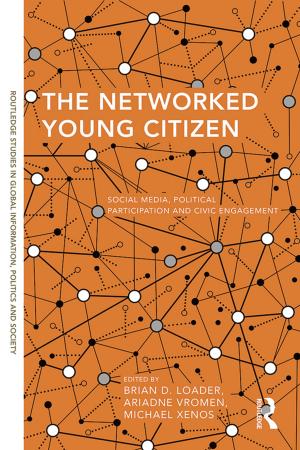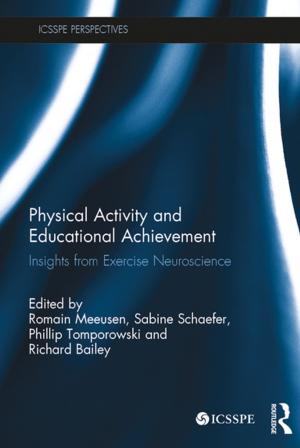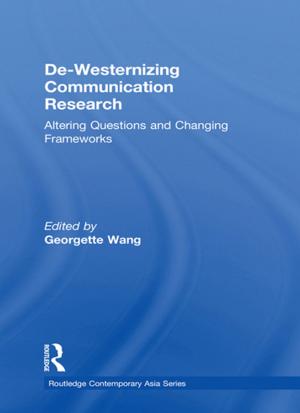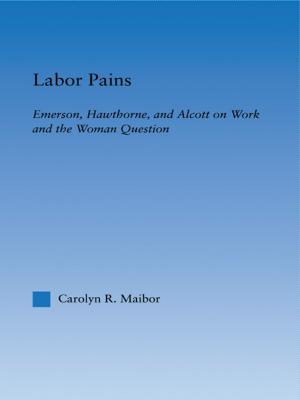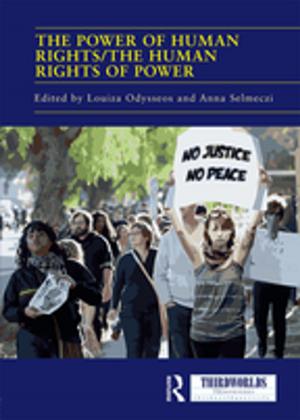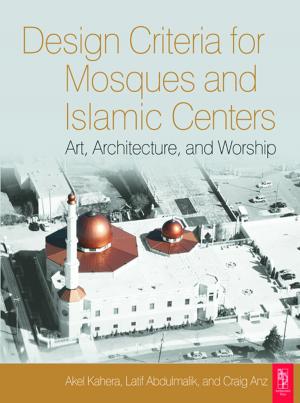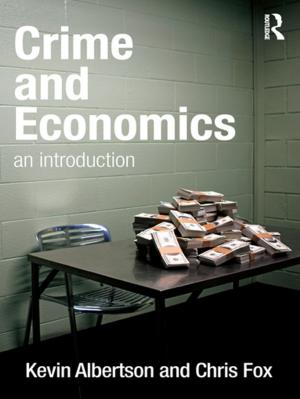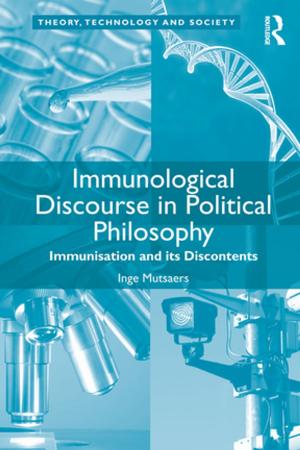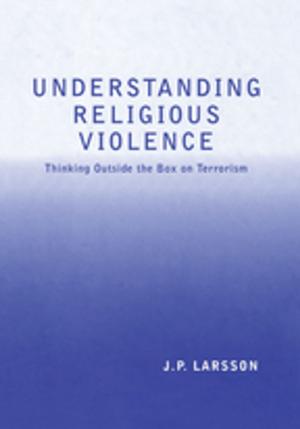Russian Israelis
Social Mobility, Politics and Culture
Nonfiction, Social & Cultural Studies, Social Science| Author: | ISBN: | 9781317977681 | |
| Publisher: | Taylor and Francis | Publication: | June 11, 2014 |
| Imprint: | Routledge | Language: | English |
| Author: | |
| ISBN: | 9781317977681 |
| Publisher: | Taylor and Francis |
| Publication: | June 11, 2014 |
| Imprint: | Routledge |
| Language: | English |
Israelis with a Russian accent have been part of Israel's social, cultural and economic landscape for over 20 years. They are found in all walks of life: as controversial politicians, senior physicians and scientists, kibbutz members and religious settlers. Despite lacking personal assets and below-average income, many of them managed to enter Israeli middle class, and some even became part of local elites – an achievement not to be taken for granted for the first-generation immigrants. This collection offers a multi-faceted portrait of the 'Great Russian Aliyah' of the 1990s with the emphasis on socio-political and cultural aspects of its insertion in Israel – based on social research conducted by the scholars most of whom are former-Soviet immigrants themselves. The issues covered include the exploration of Israel as an extension of the post-soviet space; the evolving political culture of Russian Israelis; the prospects for the ethnic media and Russian language continuity; visual tokens of 'domestication' of a major Israeli city by its 'Russian' residents, and mutual influences between Israeli and Russian cinematic traditions. Written in a lively and non-technical manner, most contributions will spark interest among both social scientists and broad readership interested in modern-day Israel and post-Soviet societies.
This book was originally published as a special issue of Israel Affairs.
Israelis with a Russian accent have been part of Israel's social, cultural and economic landscape for over 20 years. They are found in all walks of life: as controversial politicians, senior physicians and scientists, kibbutz members and religious settlers. Despite lacking personal assets and below-average income, many of them managed to enter Israeli middle class, and some even became part of local elites – an achievement not to be taken for granted for the first-generation immigrants. This collection offers a multi-faceted portrait of the 'Great Russian Aliyah' of the 1990s with the emphasis on socio-political and cultural aspects of its insertion in Israel – based on social research conducted by the scholars most of whom are former-Soviet immigrants themselves. The issues covered include the exploration of Israel as an extension of the post-soviet space; the evolving political culture of Russian Israelis; the prospects for the ethnic media and Russian language continuity; visual tokens of 'domestication' of a major Israeli city by its 'Russian' residents, and mutual influences between Israeli and Russian cinematic traditions. Written in a lively and non-technical manner, most contributions will spark interest among both social scientists and broad readership interested in modern-day Israel and post-Soviet societies.
This book was originally published as a special issue of Israel Affairs.
